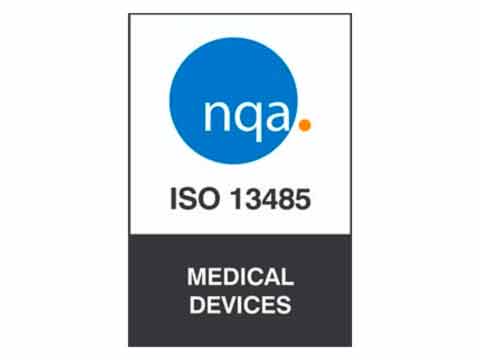November 07, 2024
FDA Strengthens AI Regulations to Safeguard Patient Safety and Drive Healthcare Innovation
In an era of rapid AI advancement, the U.S. Food and Drug Administration (FDA) is refining its regulatory approach to maintain both patient safety and technological innovation. Published in the Journal of the American Medical Association, a recent FDA report highlights the agency’s regulatory strategies for AI-driven medical tools, emphasizing the need for ongoing monitoring to ensure these tools continue to function as intended throughout their lifecycle.
As AI applications surge in healthcare—from drug discovery to diagnostic assistance—the FDA has approved close to 1,000 AI-based devices, many in fields like radiology and cardiology. However, the agency’s evolving framework aims to balance these advancements with critical safeguards. This includes adapting a five-point plan for machine learning regulation, prioritizing a flexible, risk-based approach to accommodate AI’s rapid evolution in clinical environments.
Notably, the FDA is working with international organizations to harmonize AI standards and streamline regulatory processes. By implementing postmarket surveillance and maintaining rigorous life-cycle monitoring, the FDA seeks to manage potential risks, such as unpredictable AI outputs, to protect patient outcomes.














